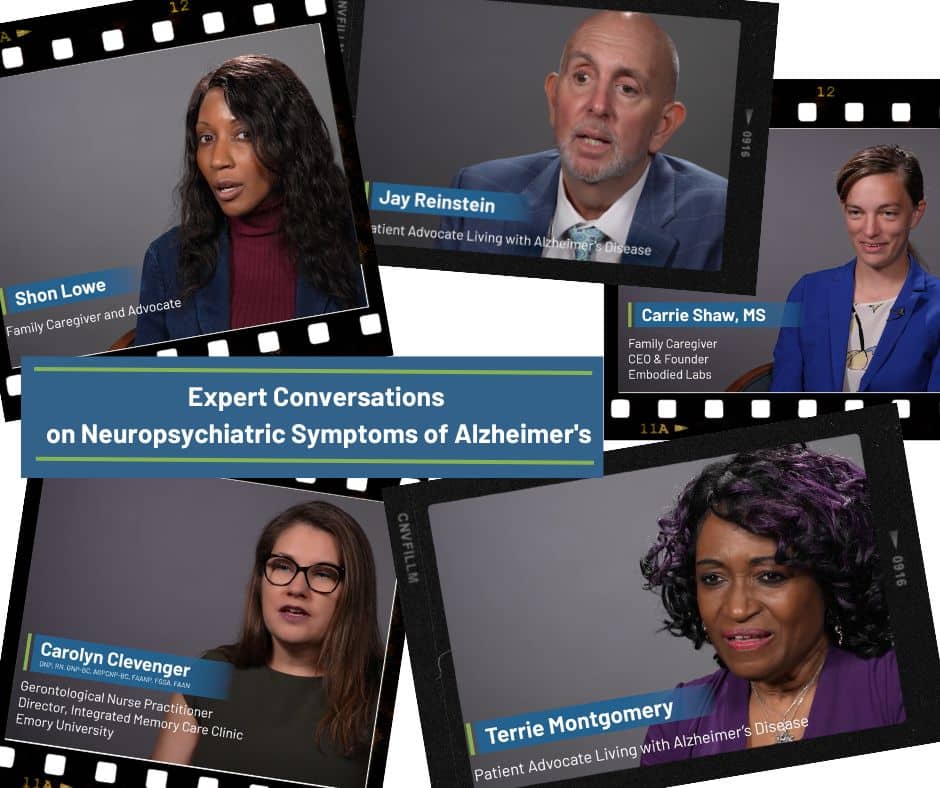- Alzheimer’s Disease and Related Dementias
- Antimicrobial Resistance
- Appropriations
- Cardiovascular Disease
- Care Innovation and Access
- Clinical Trials
- COVID-19
- Family Caregiving
- Health Equity
- Healthy Aging
- Home Health and Community-Based Services
- Medicaid
- Medicare
- Mental Health
- Nursing Home and Post-hospital Care
- Nutrition
- Persistent Pain
- Prescription Drug Affordability
- Quality and Outcomes
- Research Funding
- Sarcopenia and Mobility
- Telehealth
- Vaccination
- Value Assessment and Pricing
- Vision Loss
Medicaid
Medicaid is a federal and state-run means-tested insurance program that provides coverage for medical services as well as long-term services and supports (LTSS). Medicaid programs are operated by the states and largely funded by the federal government. Eligibility for Medicaid is determined by a combination of federal and state laws. Federal law requires that the following groups are eligible for Medicaid in all states: certain low-income families, low-income pregnant women, children in low-income families, blind persons or persons with permanent disabilities, children receiving foster care, and individuals eligible for Qualified Medicare Beneficiary program. You can learn if you are eligible for Medicaid by visiting HealthCare.gov.
Older adults with limited income may be eligible for both Medicare and Medicaid, known as a “dually-eligible” beneficiary.
The federal government requires state Medicaid programs to provide coverage to certain populations and to cover certain services. States can select to provide additional services and coverage to additional populations. Therefore, there can be substantial differences between Medicaid programs in different states, and Medicaid eligibility can vary by state.
There are two eligibility pathways for qualified beneficiaries: traditional benefits and alternative benefit plans (ABPs). You can learn more about the types of traditional benefits and ABP plans by visiting Medicaid.gov.
The federal government has regulation and statutes for determining the cost-sharing requirements for Medicaid beneficiaries. States can require certain beneficiaries to participate in cost-sharing, but these are limited by the federal government. Normally, premiums and enrollment fees are prohibited in the program, though states can impose co-payments, coinsurance, and deductibles.
Medicaid beneficiaries can be eligible to receive long-term services and supports (LTSS) through the program. LTSS provides support for caregiving and care coordination that can help a beneficiary with normal life activities. There are separate income and asset requirements and clinical and functional impairment requirements to become eligible for LTSS. You can learn more about the pathways available for Medicaid beneficiaries to receive LTSS by visiting MACPAC.org.
Medicaid News & Updates
The Healthy Aging Blog on Medicaid
Ways to Give
There are many ways you can help accelerate the pace of scientific discoveries and their application to vastly improve the universal human experience of aging and health:

The Alliance for Aging Research is a proud recipient of Candid’s Platinum Seal of Transparency.

The Alliance for Aging Research is proud to be rated a 4-star charity by Charity Navigator.



